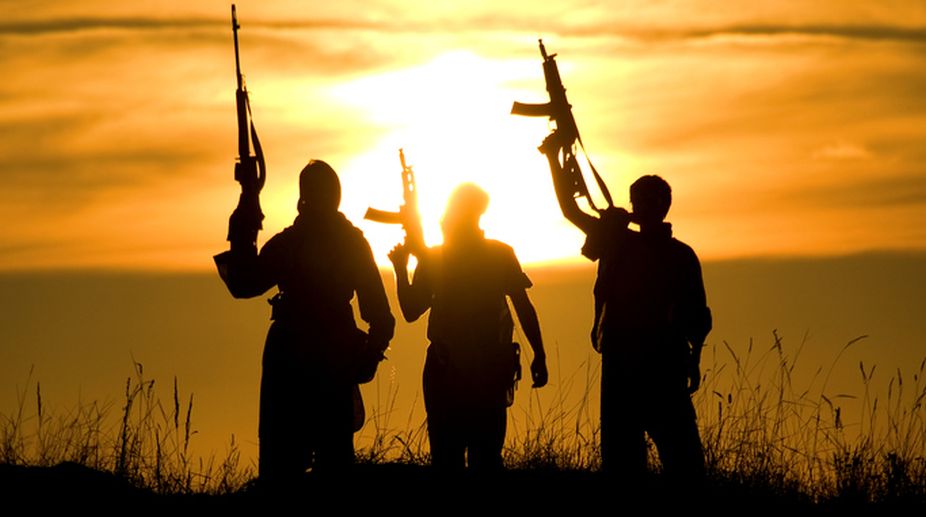Iran to sue Israel over attack on its diplomatic mission in Syria
Iran's Vice President for Legal Affairs Mohammad Dehqan has said that the country would file a lawsuit against Israel for its "deadly attack" on the Iranian consulate in Syria.

(PHOTO: Getty Images)
The significance is tremendous. Though word isn’t out yet on the capture of the ISIS bastion of Mosul, the entry of Iraqi forces into the Great Mosque of al-Nuri is a profoundly symbolic moment in the war against the Caliphate. Not least because it was here that Abu Bakr al-Baghdadi had proclaimed himself as leader of the Islamic State three years ago. There is little doubt that government troops are now in the heart of the Old City, so-called, where ISIS has been firmly entrenched.
The fall of Mosul, most particularly the mosque, is without question a defeat for ISIS exactly three years after Baghdadi had declared a Caliphate from the mosque, proclaiming himself its leader on 29 June 2014, when ISIS was at the height of its power. The terror group had by then overrun much of northern Iraq and Syria, dismembering state control in both countries and establishing an ultra-conservative brand of Islamic law over the lands and people that it conquered. The surge of the Caliphate since then has been almost relentless, spreading further afield to Europe and Pakistan and Bangladesh in the subcontinent.
Not that the Iraqi capture of Mosul will eliminate the threat, though the Iraqi Prime Minister, Haidar al-Abadi, has swiftly proclaimed the advance towards the mosque as “the end of the ISIS state”. For now, the Caliphate has been brought to its knees in Iraq, though not in Syria despite the Russian bombardment from the skies. ISIS is under pressure in both countries; in the Syrian city of Raqqa, US-backed Kurdish forces claimed to have sealed off the last route out, intensifying a siege that has seen many of its leaders flee towards southern Syria.
Advertisement
After months of fighting, the ISIS control over Mosul has shrunk to less than 0.8 sq miles of territory, but the advances have come at considerable cost. Fierce street battles and widespread use of hidden bombs by the retreating extremists have taken a heavy toll on Iraqi troops. In the estimate of the special forces, “there are hundreds of bodies under the rubble.” The ruins of the devastated Great Mosque of al-Nuri is testament to the severe setback that ISIS has suffered in its turf. Indeed, a swathe of Iraq is shattered 14 years after the Anglo-American invasion in search of the WMD that wasn’t.
Many Mosul neighbourhoods are in ruins, with close to 700,000 residents thought to remain in refugee camps, and thousands more joining them daily. Upturned cars and rubble dominate the landscape of the Old City. The Iraqi forces have won the battle, though ISIS may not have lost the war. Simba the lion and Lula the bear, who were flown to safety from Mosul zoo, are among the two survivors of the blitzkrieg!
Advertisement